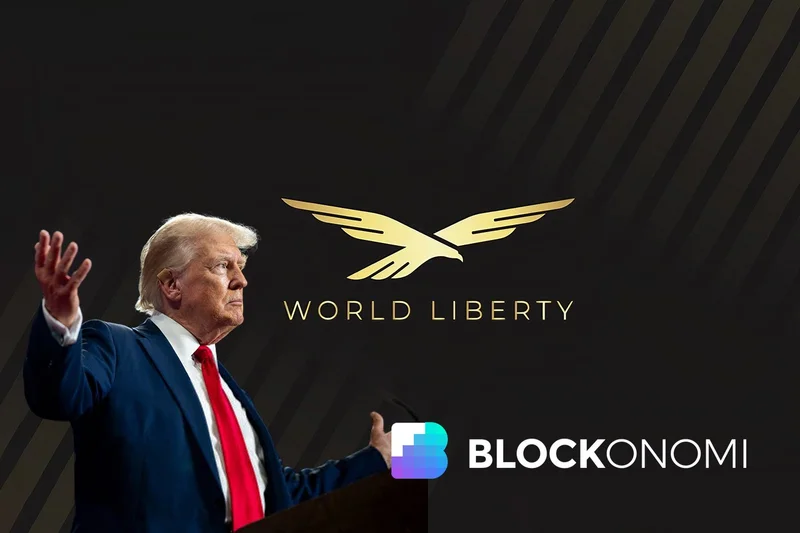The pardon of Changpeng Zhao, or CZ, by President Trump in October 2025 has sent shockwaves through the crypto world, but is it just a political move, or a glimpse into a bolder, more decentralized future? The narrative is complex, a tangled web of political favors, technological innovation, and, let's be frank, a whole lot of money. But, I think there's something bigger at play here.
Let's break it down. Zhao, the founder of Binance, gets a "full and unconditional" pardon after pleading guilty to failing to prevent money laundering. Trump pardon of crypto billionaire sparks concerns over his use of the pardon power - CBS News Binance, in turn, provides software to World Liberty Financial (WLF), a crypto firm co-founded by Eric Trump. Then, an Emirati fund invests $2 billion into WLF, followed by Trump announcing investments from the Emirates into the U.S., along with access to restricted AI chips. And, just to add another layer, Binance still holds a significant stake in WLF. It's a lot to unpack, I know.
Critics like Elizabeth Oyer, the former Justice Department pardon vetting head, are calling foul, labeling the pardon "unusual" and decrying the influence of money. Others, like Lawrence Lessig, suggest the Emirati investment is simply to "ingratiate with the president." But let's step back for a second. Isn't this just how the game is played? I mean, Biden pardoned his son, Clinton pardoned Marc Rich after a hefty donation. It's easy to get lost in the weeds of corruption, but what if we're missing the forest for the trees?
What if this is about something bigger than just lining pockets? What if it's about positioning America – and Trump's vision of America – at the forefront of the digital financial revolution?

Imagine a world where crypto isn't just a fringe asset but a mainstream financial tool. World Liberty Financial, despite the questionable circumstances surrounding its rise, could be a key player in that future. The $2 billion investment from the Emirates? It vaults WLF "from small time to the big leagues," as Austin Campbell put it. That's not just a financial transaction; it's a statement of intent. It's a bet on the future.
But here's where it gets interesting. The technology provided by Binance to WLF—the software—is described by WLF lawyers as "freely available." But one source stated that "the technology doesn't exist" without Zhao's help. So, which is it? Is it a simple act of sharing resources, or is it a strategic partnership designed to accelerate WLF's growth? And what about the AI chips deal with the Emirates? Is that a quid pro quo, or a mutually beneficial agreement that strengthens America's technological edge? These questions are tough to answer, especially with unnamed sources declining to be interviewed "for fear of retribution."
It reminds me of the early days of the internet. People dismissed it as a fad, a playground for nerds. Now, it's the backbone of our society. Could crypto be on a similar trajectory?
The ethical considerations are paramount, of course. We need transparency and accountability in the crypto space, and we need to ensure that regulations are in place to prevent illicit activities. But we also need to be open to the possibilities that crypto presents. It could democratize finance, empower individuals, and create new economic opportunities.
Look, I'm not saying this situation is squeaky clean. There are definitely some shady aspects to it. But I genuinely believe that Trump's pardon of CZ, the Emirati investment in WLF, and the AI chip deal are all pieces of a larger puzzle. It's a risky bet, no doubt, but it could pay off big time if it positions America as a leader in the next era of finance. And, honestly, that's a future I'm excited to see.